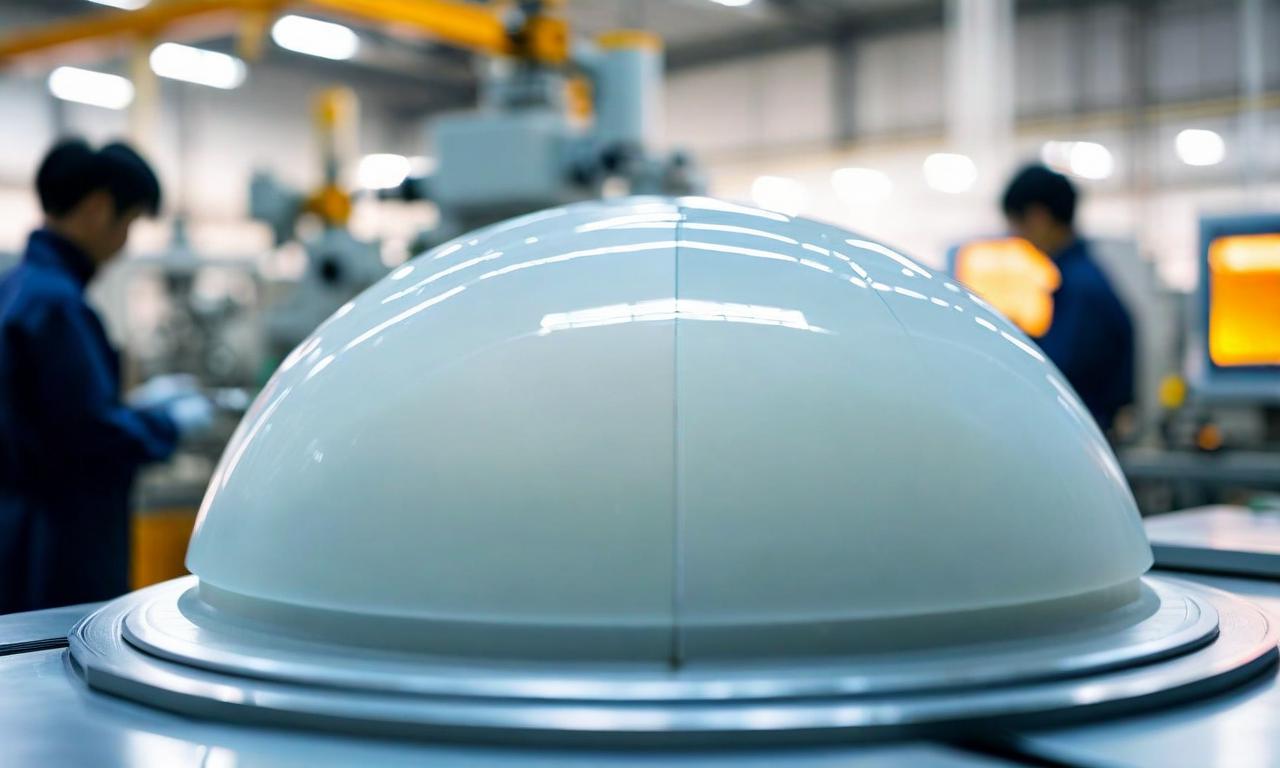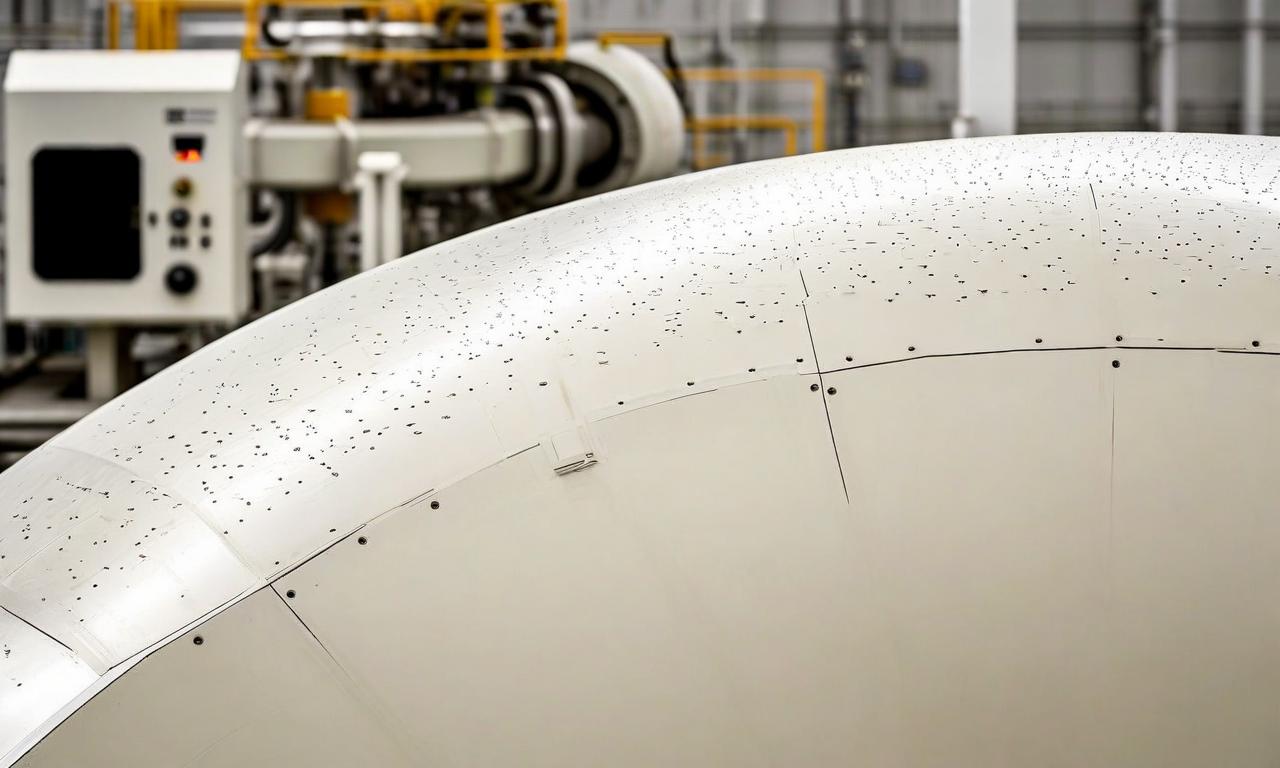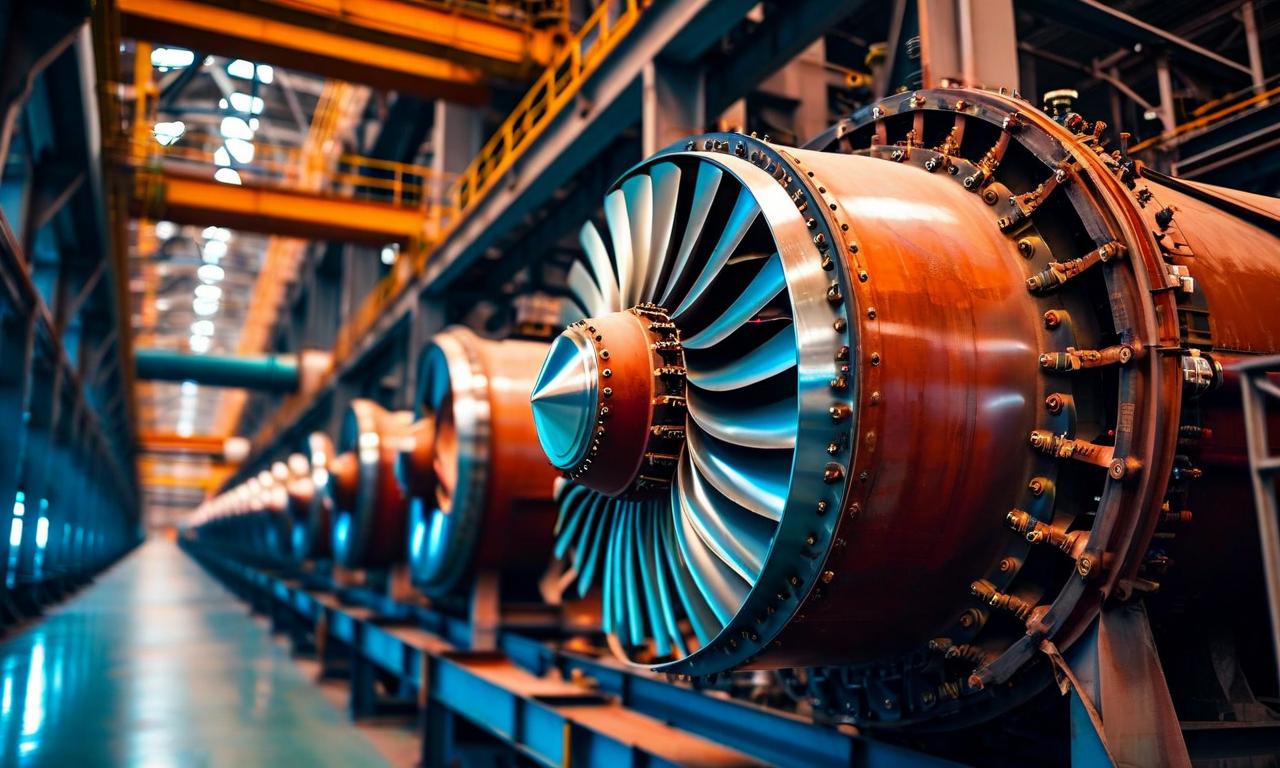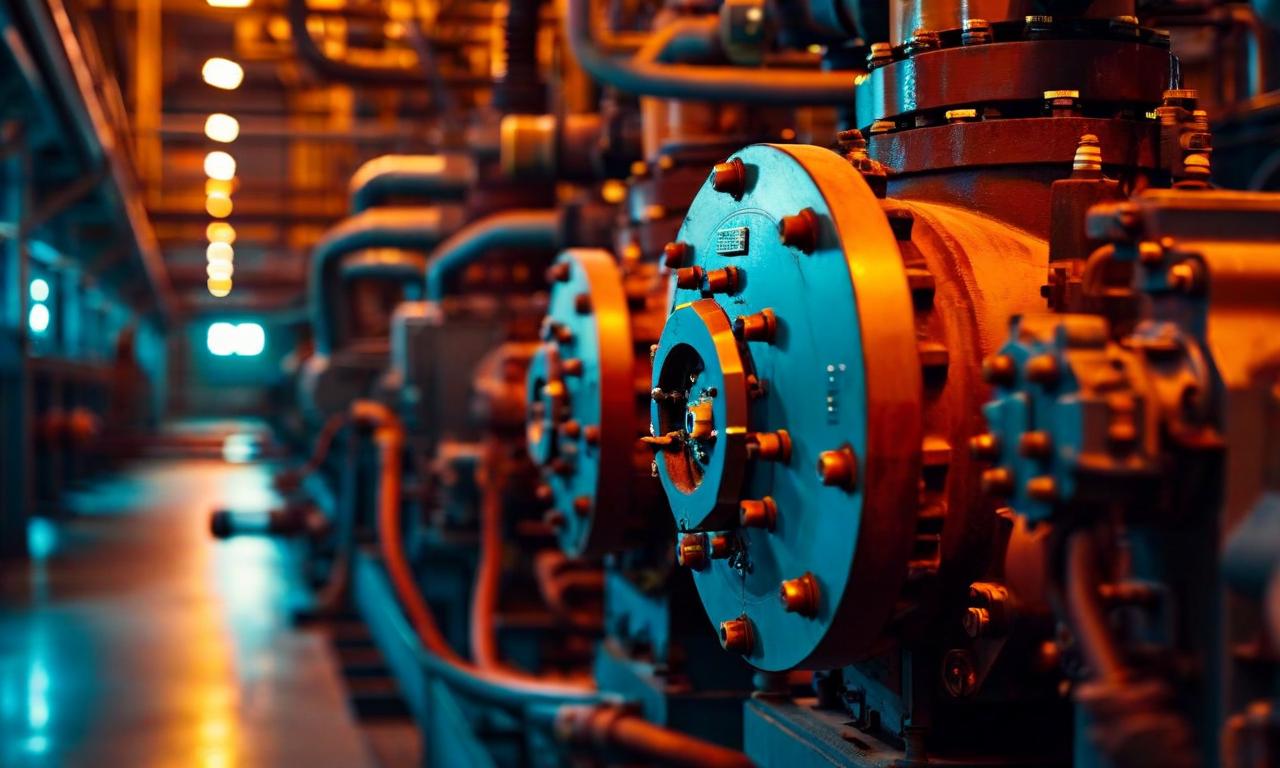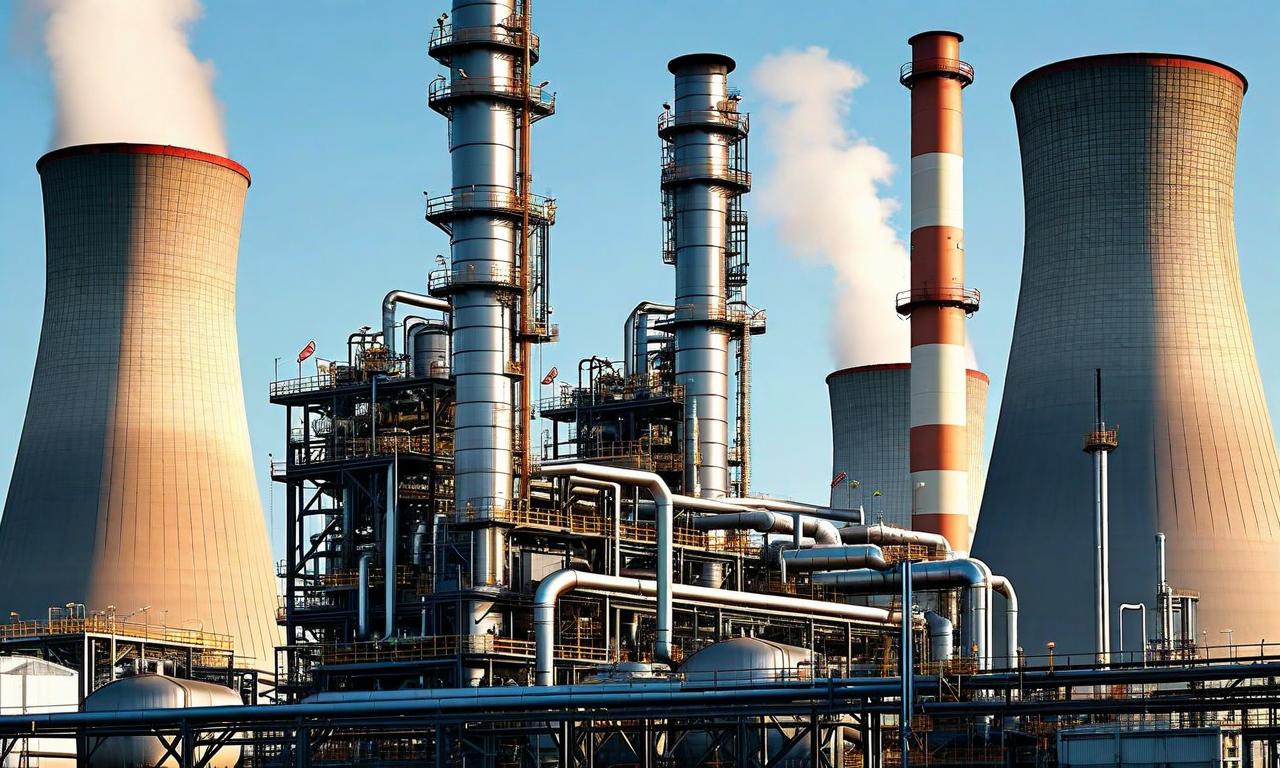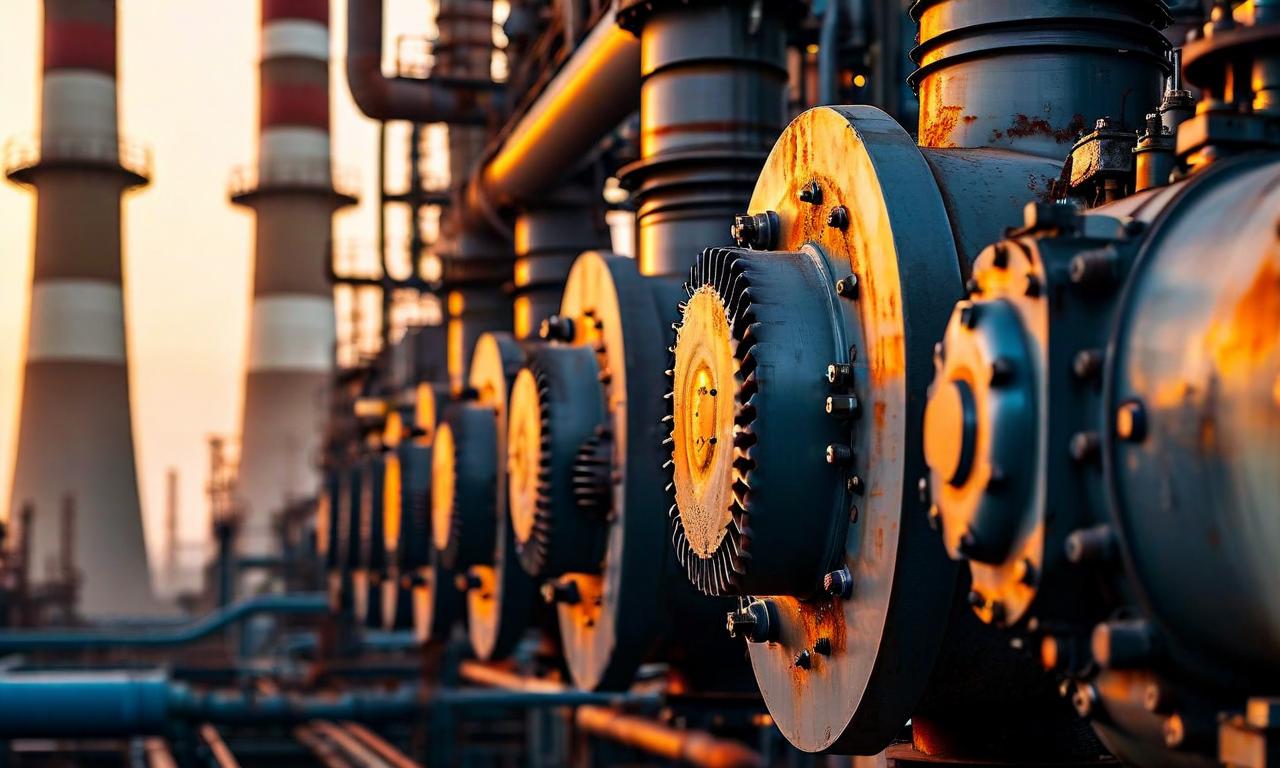BHEL's Strategic Moves: Technology Transfer Deal with DRDO and Joint Venture Dissolution
Bharat Heavy Electricals Limited (BHEL) has signed a License Agreement for Transfer of Technology with the Defence Metallurgical Research Laboratory (DMRL), a DRDO facility. This agreement is expected to enhance BHEL's capabilities in manufacturing advanced materials for defense applications. Simultaneously, BHEL's joint venture with Siemens AG has been officially dissolved following an NCLT order.
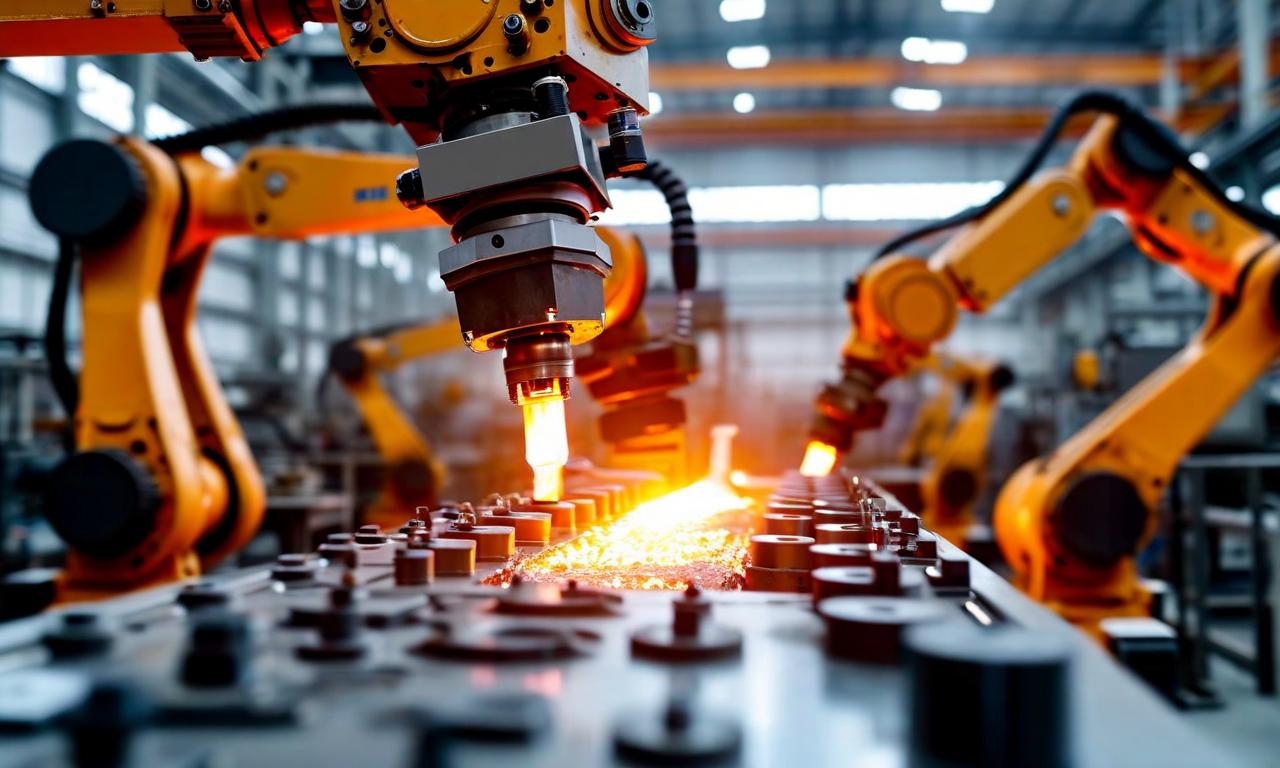
*this image is generated using AI for illustrative purposes only.
Bharat Heavy Electricals Limited (BHEL) has made significant strategic moves recently, including a technology transfer agreement and the dissolution of a joint venture.
Technology Transfer Agreement with DRDO
BHEL has entered into a License Agreement for Transfer of Technology (LATOT) with the Defence Metallurgical Research Laboratory (DMRL), a prestigious research facility under the Defence Research and Development Organisation (DRDO) in Hyderabad. This strategic partnership is expected to facilitate the transfer of cutting-edge metallurgical technologies from DMRL to BHEL, potentially boosting the latter's capabilities in manufacturing advanced materials and components for defense applications.
Implications for BHEL
The technology transfer agreement could have several positive implications for BHEL:
Enhanced Capabilities: Access to DMRL's advanced metallurgical technologies may enable BHEL to improve its product offerings in the defense sector.
Diversification: This move aligns with BHEL's efforts to diversify its portfolio and strengthen its presence in the defense industry.
Innovation Boost: Collaboration with a premier research laboratory like DMRL could foster innovation within BHEL, leading to the development of new products and solutions.
Strategic Positioning: The agreement may position BHEL more favorably for future defense contracts, leveraging the newly acquired technologies.
Joint Venture Dissolution
In a separate development, BHEL's joint venture with Siemens AG has been officially wound up following an order from the National Company Law Tribunal (NCLT). This decision formally dissolves the partnership between the Indian public sector enterprise and the German industrial conglomerate.
About DMRL
The Defence Metallurgical Research Laboratory (DMRL) is a key research facility under the DRDO. It specializes in the development of advanced materials and processes for defense applications, including high-strength alloys, specialty steels, and other critical materials used in defense equipment.
These strategic moves by BHEL represent significant changes in its partnerships and technological capabilities. The collaboration with DMRL showcases a synergy between India's industrial manufacturing capabilities and its defense research expertise, while the dissolution of the joint venture with Siemens AG marks the end of a previous international partnership.
Investors and industry observers will likely be watching closely to see how BHEL leverages these developments to enhance its product offerings, market position, and overall strategy in both the defense sector and its other areas of operation.
Historical Stock Returns for Bharat Heavy Electricals
| 1 Day | 5 Days | 1 Month | 6 Months | 1 Year | 5 Years |
|---|---|---|---|---|---|
| +0.08% | -1.54% | +6.58% | +18.24% | +35.01% | +535.01% |

